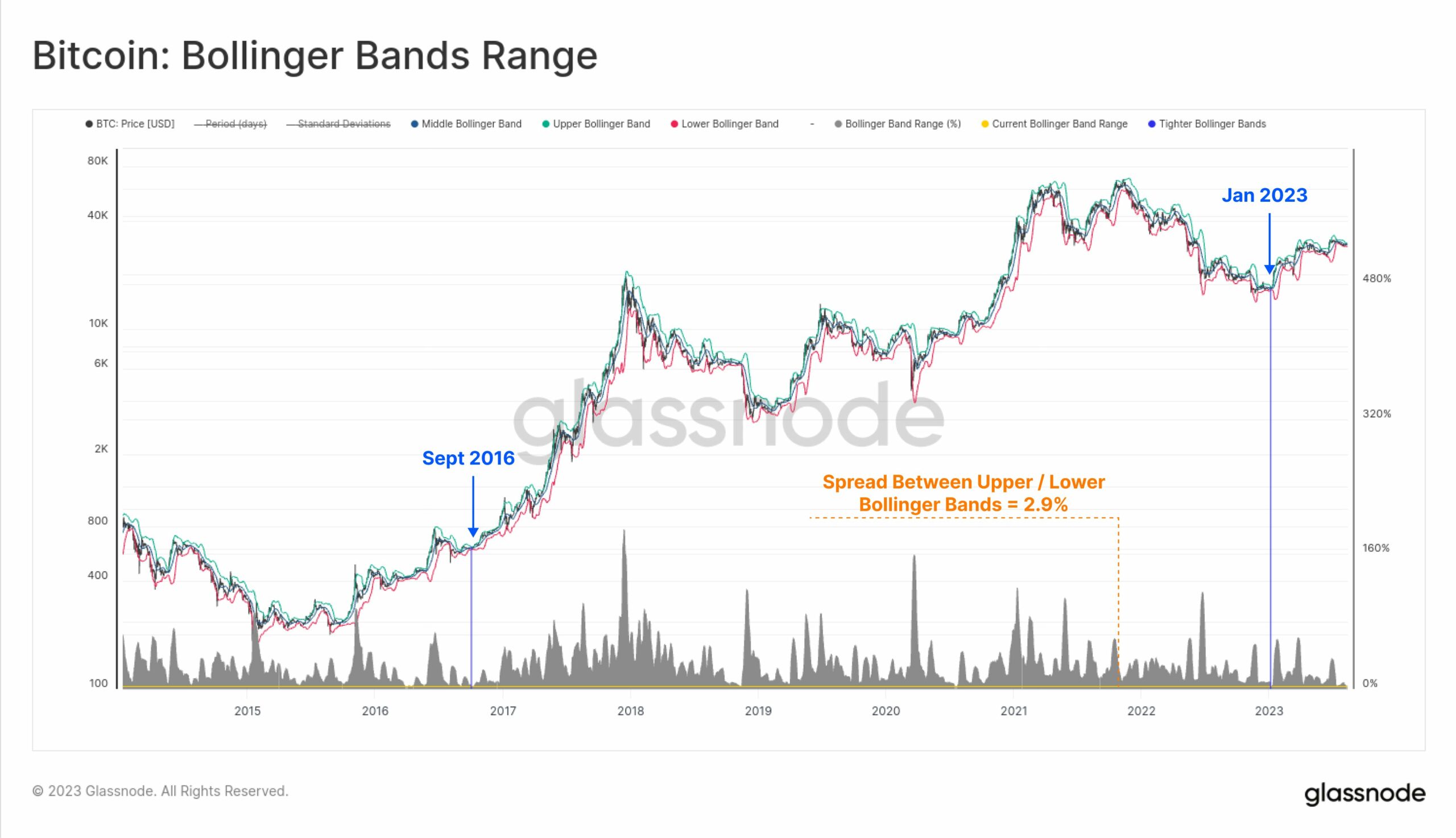![Last Week [In] Crypto: Nomad Loses $200M in Daring Hack, CFTC Tipped to Be Crypto’s Chief Regulator](http://s32659.pcdn.co/wp-content/uploads/2021/04/BIC_investment-02.jpg)
2022-8-8 09:05 |
It’s been a pretty interesting week and Be[in]Crypto has curated the most important stories in the cryptoverse for your digest. The stories range from Nomad’s $200 million hack, WazirX investigation by Indian authorities, Michael Saylor stepping down as CEO, 140 billion worth of stablecoin to re-enter the markets, and the U.S. Senate’s proposal to make the CFTC crypto main watchdog.
Don’t forget to subscribe to our newsletter and get the weekly roundups right in your inbox!
Battered crypto projects try to reach a compromiseNomad, a crypto bridge, suffered a jarring exploit that led to the loss of nearly $200 million. The attack rocked the entire cryptoverse as the hackers went all the way to impersonate Nomad employees to steal even more funds.
Github, a developer platform, fell victim to malware that affected as many as 33,000 Github repositories. The move could have dire consequences for developers that clone open source codes as sensitive data like API keys, crypto keys, and Amazon AWS credentials will be within reach of the bad actors.
To control the incidents of exploits, projects have begun offering bad actors bounties to turn them into whitehat hackers. Slope, a Solana-based wallet provider that suffered a major security breach, has announced that hackers would get 10% of the stolen funds and will face no legal actions if they return the funds.
White hat hackers managed to recover $9 million out of the pilfered $200 million, with security firm PeckShield noting that efforts are in place to recover more funds. Nomad’s team asserts that they are collaborating with law enforcement agencies and top blockchain security companies.
Regulators upping the ante against digital assetsThis week saw significant regulatory activity against operators in the cryptoverse. Robinhood was slammed with a $30 million fine by the New York State Department of Financial Services (DFS) for failing to meet anti-money laundering regulations for its virtual currency business.
In India, WazirX came under investigation by the country’s Ministry of Finance over money laundering allegations. The effect was the freezing of some of the exchange’s funds over affiliations with Chinese loan apps operating in India.
The SEC charged Forsage and 11 others for their role in a crypto Ponzi scheme that cost investors losses in excess of $300 million. The move was the result of a concerted effort between regulators in the Philippines and Canada as some of the defendants pled guilty to the weighty charges.
Senator Cynthia Lummis was fired from all cylinders this week as she claimed that all exchanges operating in the U.S. are under investigation by the SEC. The SEC has stepped up in its attempts to control the burgeoning industry by issuing hefty fines and dragging projects to court.
Cheers to a new beginningHashed, an early-stage investor in LUNA will be staging a comeback in the scene after losing billions from Terra’s collapse. Simon Seojoon Kim, the project’s founder, noted that the company will be putting its attention on blockchain gaming and is in the process of raising a multi-million dollar fund.
PwC’s top crypto boss Henri Arslanian is also on a quest for new beginnings after leaving his role in the company to set up a new digital asset fund. Arslanian chose Dubai to be a base for the new funds because of its positive stance toward digital currencies and tightening regulations in countries of the Asia-Pacific region.
Michael Saylor announced that he will be stepping down from his role as MicroStrategy CEO and will assume the role of executive chairman. The decision comes on the heels of MicroStrategy recording a $1 billion loss from its Bitcoin business and the need for Saylor to focus on “promoting Bitcoin.”
A wave of positivesAway from the reports of hacks in the cryptoverse, this week recorded a measure of positive reports. As the crypto winter shows signs of thawing, on-chain experts have noted that $140 billion worth of stablecoins could re-enter the markets. Changpeng Zhao, Binance CEO, commented, “if people wanted to get out of crypto, most won’t hold stablecoins.”
Instagram created a buzz during the week after announcing that its Non-Fungible Token (NFT) feature will be available in 100 countries after being limited to North America and Europe. The team also disclosed an integration with the Coinbase Wallet, Dapper Wallet, and Flow blockchain that whipped the industry into a frenzy.
Tether gave hope to Ethereum’s community by stating that it will support ETH 2.0 despite widespread reports of delays. Seeds of doubt were stoked on grounds that stablecoin issuers would reserve their support following claims that the Ethereum network might fork following the Merge and stablecoins might face an avalanche of lawsuits if it all goes wrong.
Legislators around the world show square up with cryptoU.S. senators are deliberating over a new bill that would give the Commodity Futures Trading Commission (CFTC) control over the crypto markets. The proposed law will amend the definition of a commodity to include “digital commodity”, bringing virtual currencies like Bitcoin (BTC) and Ethereum (ETH) under the control of the Commission.
The impact of the bill will create new categories in the industry like digital commodity brokers and digital commodity custodians that would need registration with the commodity before being allowed to operate.
Bank of Thailand says it will begin experimenting with central bank digital currencies (CBDC) in a retail capacity later in the year. Thailand’s apex banks stated that the CBDC experiment would focus on two core arms – the safety and innovative use case scenarios of the digital baht.
The post Last Week [In] Crypto: Nomad Loses $200M in Daring Hack, CFTC Tipped to Be Crypto’s Chief Regulator appeared first on BeInCrypto.
origin »Bitcoin price in Telegram @btc_price_every_hour
Emerald Crypto (EMD) на Currencies.ru
|
|






